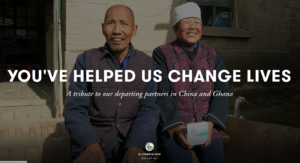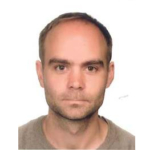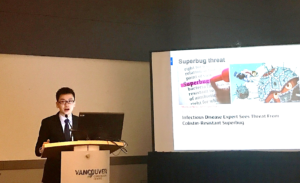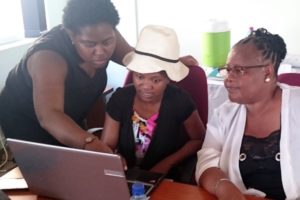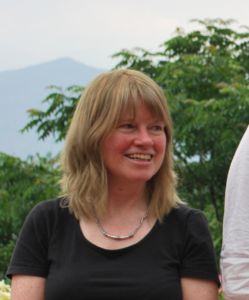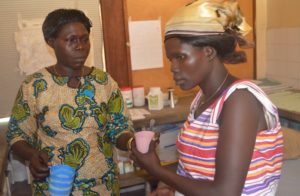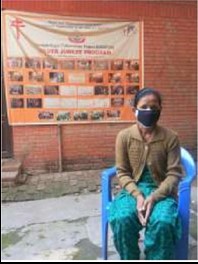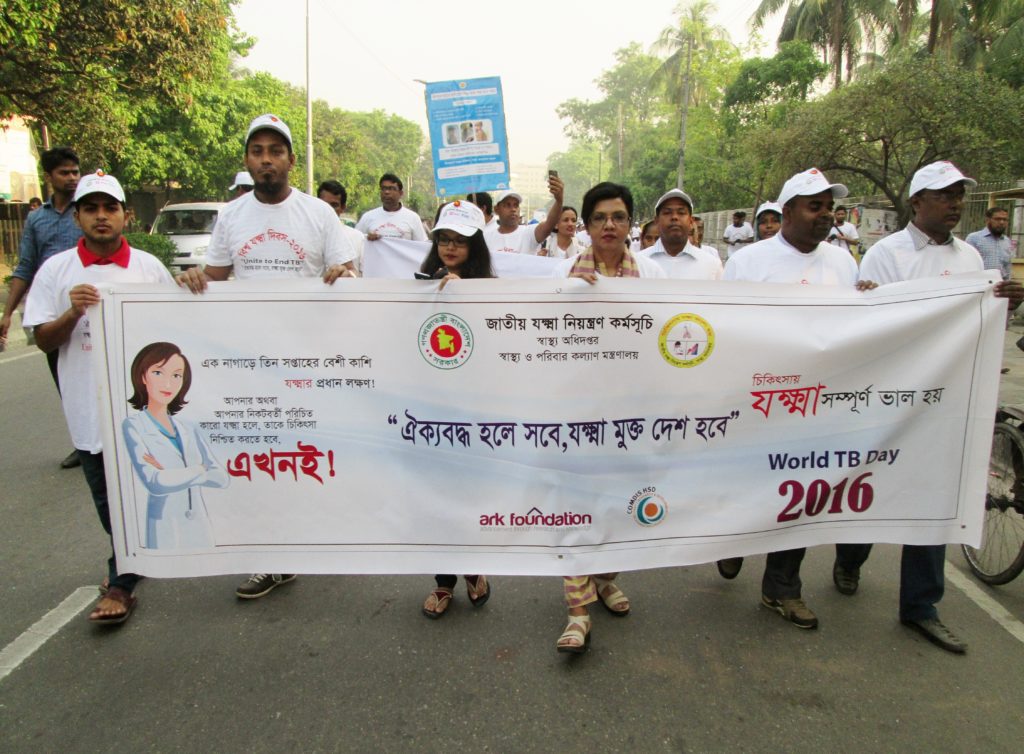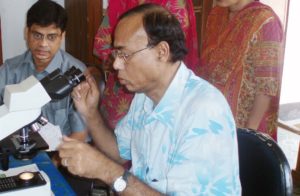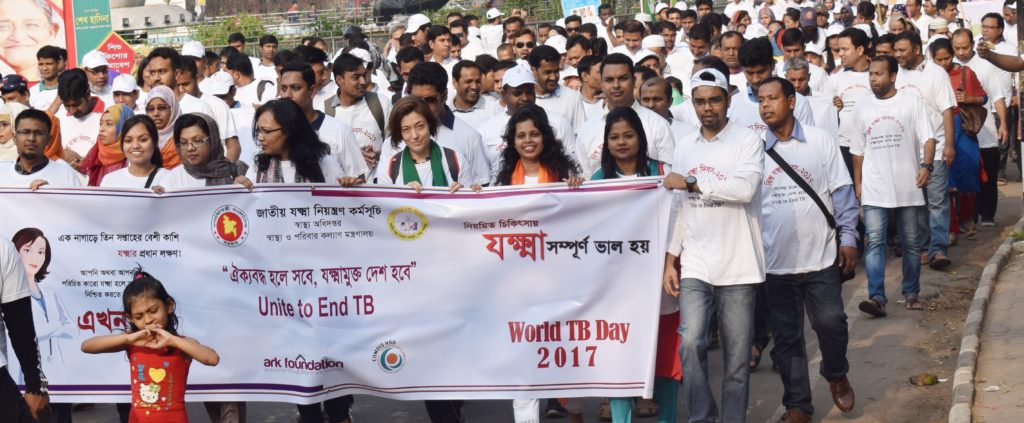
ARK Foundation and COMDIS-HSD team members join thousands on the World TB Day 2017 rally through the streets of Dhaka, Bangladesh
World TB Day is always a big date in the COMDIS-HSD calendar. This year, the ‘Leave no-one behind’ theme had particular resonance with our research. It gave us a global platform to promote our work to tackle the stigma, social isolation and mental stress associated with TB and multi-drug resistant TB (MDR-TB) treatment.
To mark the day, and the week leading to it, COMDIS-HSD and our partners ARK Foundation (Bangladesh) and HERD (Nepal) took part in a range of activities to show solidarity with the global TB community and engage new audiences in our research.
HERD: Giving a voice to those at the heart of TB control
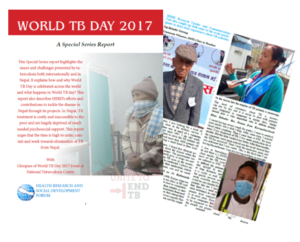
HERD’s World TB Day 2017 special series report; a detailed insight into TB in Nepal and some of the hidden voices in frontline TB care
In their
special series report, HERD highlighted some of the myths and challenges that surround TB and its treatment in Nepal. The report captures first-hand stories from individuals closely connected to the disease, either as patients, volunteers or health workers.
Jog Bahadur Gurung, a community volunteer at the directly observed treatment (DOT) clinic in Tanahun District, shared his thoughts about the need to educate all patients about the disease:
‘I have served more than 3,000 patients and am proud of playing a small hand in their lives. I found that illiterate patients did not have any idea about the disease while the literate were aware to some extent.’
Kamala Wagle is a Public Health Nurse Officer and Drug-resistant TB Programme Co-ordinator at the National Tuberculosis Centre. She feels that social media has a key role to play in changing attitudes:
‘There has been a difference in the attitude of people towards TB treatment. They used to hide the disease and now they come for test even if a minor problem is noticed. Even the attitudes of health workers have changed. Social media has played a very important role.’
Reaching all target groups remains a challenge, says Kamala, adding: ‘We need to introduce decentralised programme packages as most of the programmes are only concentrated in Kathmandu or major urban areas. There is a need to expand awareness programmes and conduct sensitisation programmes through media.’
The vital role of the media was reinforced in another HERD World TB Day
media perspectives report, featuring the views of 6 Nepali journalists and media professionals. Asked to reflect on the role of the media in reaching unreached populations, there was broad agreement that the media is key to better dissemination of health education.
‘To curb the disease, it is important to focus on strengthening media’s role as a trusted agency to impart health education,’ says
Anil Nyaupane, Editor in Chief, Swasthya Khabar Patrika.
Krishna Adhikari, Nepal Television (NTV) reporter, Nepalgunj, adds: ‘One way of ensuring services reach the unreached is effective mobilisation of Female Community Health Volunteers (FCHVs), teachers and cured TB patients for distribution of TB drugs.’
According to Krishna, this would give patients easier access to medication and help ensure patients completed their treatment.
ARK Foundation: We need to treat the public as our partners
The ARK Foundation team took to the streets of Dhaka once again on World TB Day, joining around 4,000 people linked to National TB Control Programme (NTP) partner organisations.
20,000
TB factsheets were also produced and circulated to hospitals, clinics and health centres in Dhaka city.
ARK researcher,
Deepa Barua, reflected on the day, saying:
‘We’ve come quite far over the years. The NTP along with its partners have played the most important role in fighting TB. However, it is vital that we involve the public too. When we say “Unite to End TB”, it can’t just be unity between the NTP and the partners. It will have to be unity between the NTP, their partners and the people.
‘The NTP knows its role, the partners know their roles, it’s now time for us to join hands with the public to make them aware about theirs, and help them realise what they can do to end TB.’
Other resources we shared on World TB Day 2017
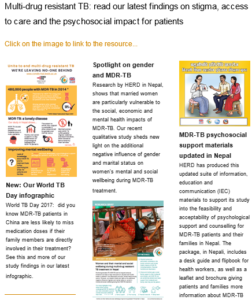
COMIS-HSD e-news special edition showcasing some of our recent TB and MDR-TB research
Special edition for World TB day 2017.
Subscribe to our e-news.
Policy brief: Improving treatment for MDR-TB patients – lessons from Shandong province, China
Research brief: Women and their mental and social wellbeing during multi-drug resistant TB treatment in Nepal
Research brief: Improving access to TB care for garment factory workers using public-private partnerships in Bangladesh

